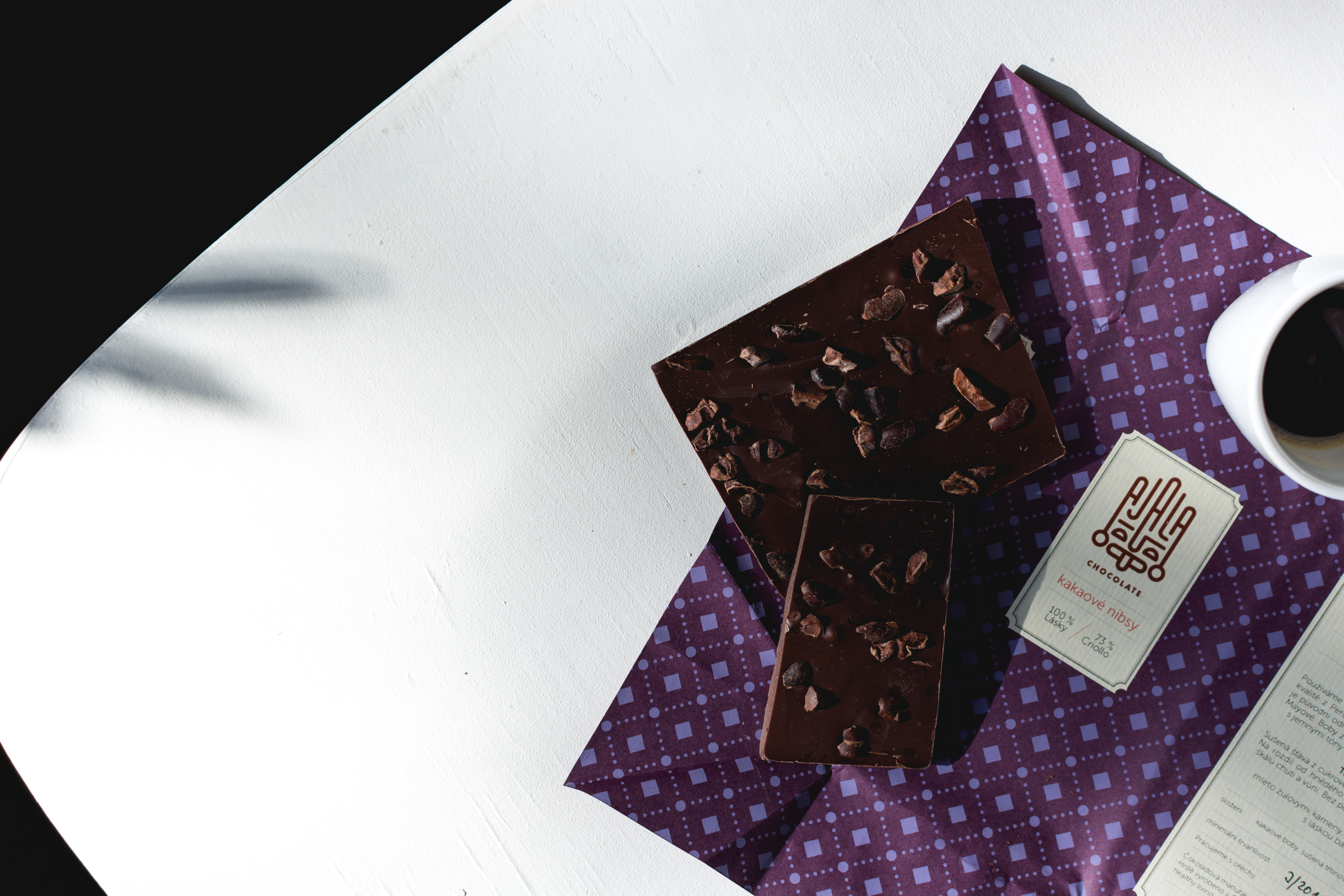Is Dark Chocolate a Common Food for French People? Sweet Truths Revealed
Ah, the romance of France: a land where the air is imbued with the fragrance of baked croissants and freshly brewed coffee. But what about the rich, velvety allure of chocolate? Specifically, dark chocolate—often touted as a healthful indulgence. Is it a staple of the French diet, or merely a fleeting fancy? Let’s embark on a flavorful exploration!
Chocolate’s Historical Legacy in France
To grasp the significance of dark chocolate in French culinary culture, we must first traverse back in time. The roots of chocolate, tattooed into the fabric of French cuisine, reach back to the 17th century when France first encountered cacao through explorative expeditions. Initially reserved for the elite, it transformed from a bitter beverage enjoyed by the aristocracy into the sweet delicacy we cherish today.
During the 19th century, the advent of industrialization propelled chocolate into the masses. French chocolatiers, with their artisanal skills, began crafting exquisite dark chocolate bars, infusing them with flavors that echoed the vibrant terroir of the nation’s vineyards. Thus, dark chocolate began to establish its dominion in a country famed for gastronomic excellence.
The French Palette: Dark Chocolate vs. Milk Chocolate
While milk chocolate tends to reign supreme in many corners of the globe, dark chocolate carves out a significant niche in France. According to culinary experts, the French palate leans towards the bitter-sweet triumph of dark chocolate, primarily due to its nuanced flavor profile that melds sophistication with complexity.
But why is this? Could it be that the French, with their esteemed appreciation for gastronomy, favor dark chocolate’s subtle notes of fruitiness, spiciness, and even earthiness over the saccharine sweetness of milk chocolate? Indeed! The heftier cocoa content in dark chocolate bestows it with antioxidants and other beneficial compounds that numerous studies have heralded as healthful.
Culinary Uses: More Than Just a Treat
Dark chocolate occupies a unique place in French cuisine, serving a dual purpose as both an ingredient and a delicacy. Imagine moistened chocolate fondants, rich and molten at their core, or a classic chocolate mousse, airy yet sumptuous—both barely scratch the surface! French chefs embrace dark chocolate in an array of savory dishes as well. Think of duck with dark chocolate sauce or complex mole dishes that incorporate cacao’s bittersweet essence.
For the inquisitive home cook, a playful challenge awaits: incorporate dark chocolate into an imagined dish. Perhaps consider experimenting with a savory stew, infusing it with a hint of dark chocolate to complement the umami flavors of roasted vegetables. Or could you fashion a sumptuous dessert, enriching your everyday pastry with this luxurious ingredient? The world of dark chocolate in French cuisine invites experimentation.
Tasting Dark Chocolate: A Sensory Experience
Engaging with dark chocolate extends beyond mere consumption; it is an experience that tantalizes the senses. Consider the process of tasting, dissecting each element carefully. The first step lies in observation—admiring its glossy surface, perhaps with a slight snap as you break it apart. Then, the olfactory revelation occurs—drawing in the complex aromatic notes, which may include hints of coffee, caramel, or even floral undertones.
With the first morsel melting on your tongue, allow your palate to grapple with its depth. Is it mildly bitter? Utterly sumptuous? Refreshing notes of citrus or overpowering tannins? These subtleties forge an intimate relationship between the chocolate and consumer, crafting a narrative that is uniquely French.
The Dark Chocolate Culture Among French People
Let us delve deeper into the French culture surrounding dark chocolate. It is not merely an indulgence; it is a ritual! French chocolatiers often provide a personal touch, crafting limited editions, artisanal bars with locally-sourced ingredients, or seasonal concoctions that reflect the country’s rich agricultural landscapes. Visiting a local chocolatier in France reveals an elaborate display of craftsmanship, where chocolate is an art form and a reason to celebrate.
In many French households, a modest piece of dark chocolate concludes a fine meal, paired lovingly with a full-bodied red wine or as part of a cheese plate. In fact, some may challenge themselves to find the perfect pairing—what a delightful quest! Perhaps you shall try to explore this balance yourself.
Conclusion: Sweet Truths Ahead
So, is dark chocolate a common food for French people? The answer is a resounding yes, steeped in a rich history and a culinary landscape bursting with creativity. Its unique flavor profile, coupled with its multifaceted applications in both savory and sweet dishes, has secured dark chocolate a cherished place in the hearts and homes of the French.
The next time you delve into a piece of dark chocolate, ask yourself: what story does it tell, and how might you amplify its harmonies in your own kitchen? Such delightful inquiries may indeed lead you further into the enchanting realm of this beloved delicacy. So go ahead—embrace the challenge! In the world of dark chocolate, sweet truths are waiting to be revealed.

